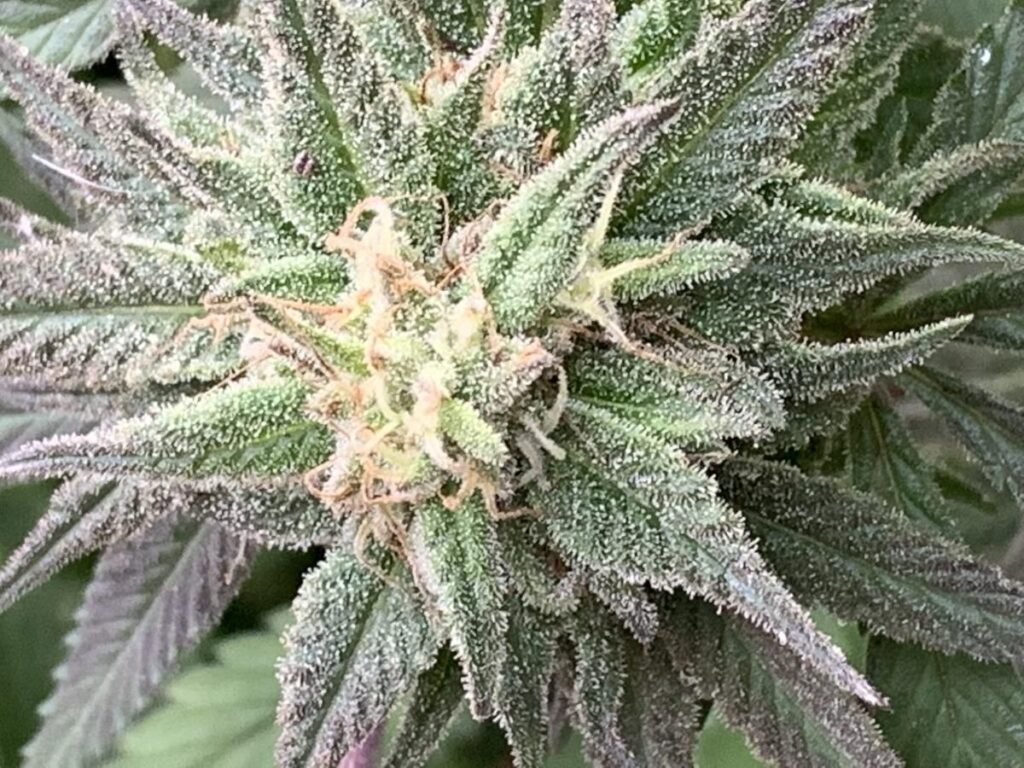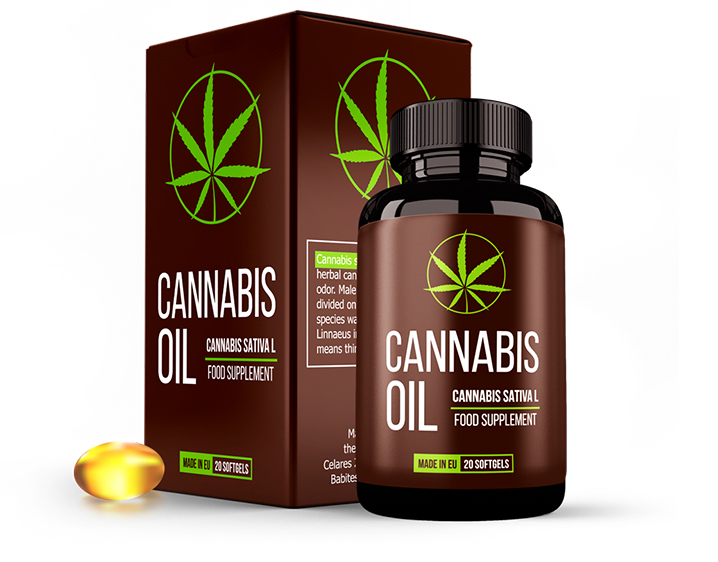[ad_1]
Advocates and government organizations alike continue to ramp up support of Sha’Carri Richardson, a young Olympic runner who was disqualified from the American team because she tested positive for cannabis in a drug screening.
Not only has Richardson spoken up about the situation openly and took responsibility for breaking the rules, but countless other outlets and social media channels have been abuzz with concern about the archaic drug testing rules. Some of the more shocking reactions includes that of White House Secretary and U.S. Anti-Doping Agency (USADA) both lightly suggesting that change is necessary.
In an initial press interview on July 2, US Press Secretary Jen Psaki did not condemn the decision of the Olympic officials’ sanction, which penalized Richardson. On July 7, Psaki provided a more sympathetic and open statement that cannabis restrictions require “another look.”
“It does stink,” she told CNN in an interview. “I don’t think there’s a better definition of it. She has lost her mother, she’d gone through a tragedy and she’s also the fastest woman in the world—and I think she’s sending a message to a lot of little girls out there, you can do this,” Psaki said. “We know the rules are where they are, maybe we should take another look at them. We certainly have to respect the role of the U.S. Anti-Doping Agency and the U.S. Olympic Committee and the decisions they make. But it is sad.”
The USADA Weighs in on the Situation
The USADA issued its own statement regarding the suspension of Richardson. “None of this makes the situation any easier, as the real issue here is trying to find ways to support athletes who find themselves dealing with mental health issues similar to hers, where she decided that the use of marijuana was her only option to deal with her emotional pain even though it could easily put her career at risk,” wrote USADA CEO Travis T. Tygart in a press statement.
“Our hope is that sport and society focus on the core mental health issue going forward, which is how we find ways to help athletes with their pressures and traumas in a way where they do not feel they need to take a risk that may jeopardize their ability to compete and do what they love,” Tygart concluded.
However, prominent cannabis organizations like Marijuana Policy Project (MPP) have released more powerful statements about the tragedy of the situation with Richardson, as well as the injustice perpetuated by cannabis prohibition. “Other sports leagues have removed cannabis restrictions, and it’s time for both WADA and USADA to pull the plant from its list of prohibited substances. Congress has demonstrated support for eliminating the ban, and President Biden should unequivocally support this reform as well. The current policy is indefensible,” wrote MPP Executive Director Steven Hawkins.
Hawkins notes the hypocrisy of it all, pointing out that even the World Anti-Doping Agency’s own medical director, Dr. Alan Vernec, wrote in The Clinical Journal of Sports Medicine that “There is no evidence for cannabis use as a performance-enhancing drug.”
Richardson Isn’t the Only Olympian Hurt by Draconian Policies
Of course, this isn’t the first time that THC positives have been discovered in Olympic athletes. Earlier this year in April, swimmer Tate Jackson received a one-month suspension for testing positive for THC in a urine test. In June, track and field runner Kahmari Montgomery also received a one-month suspension.
But nothing is more shocking than getting a gold medal taken away from you because of a positive drug test. In 1998, Canadian snowboarder Ross Rebagliati won the gold medal in the giant slalom, only to have it stripped from his possession because he tested positive for THC. “Performance enhancing isn’t necessarily what the word traditionally means,” Rebagliati told NewsNation Now in an interview on July 7.
“Water is performance enhancing. You perform better when you’re hydrated. Cannabis should be promoted as a positive for athletes, as an alternative to pharmaceuticals that are addictive and just mask injuries. Whether its performance enhancing or not, it has no place on the list of banned substances. The IOC really needs to be a leader. Cannabis should be more accepted and used right across the board around the world.”
[ad_2]
#ShaCarri #Richardson #Suspension #Criticized #White #House #AntiDoping #Agency



